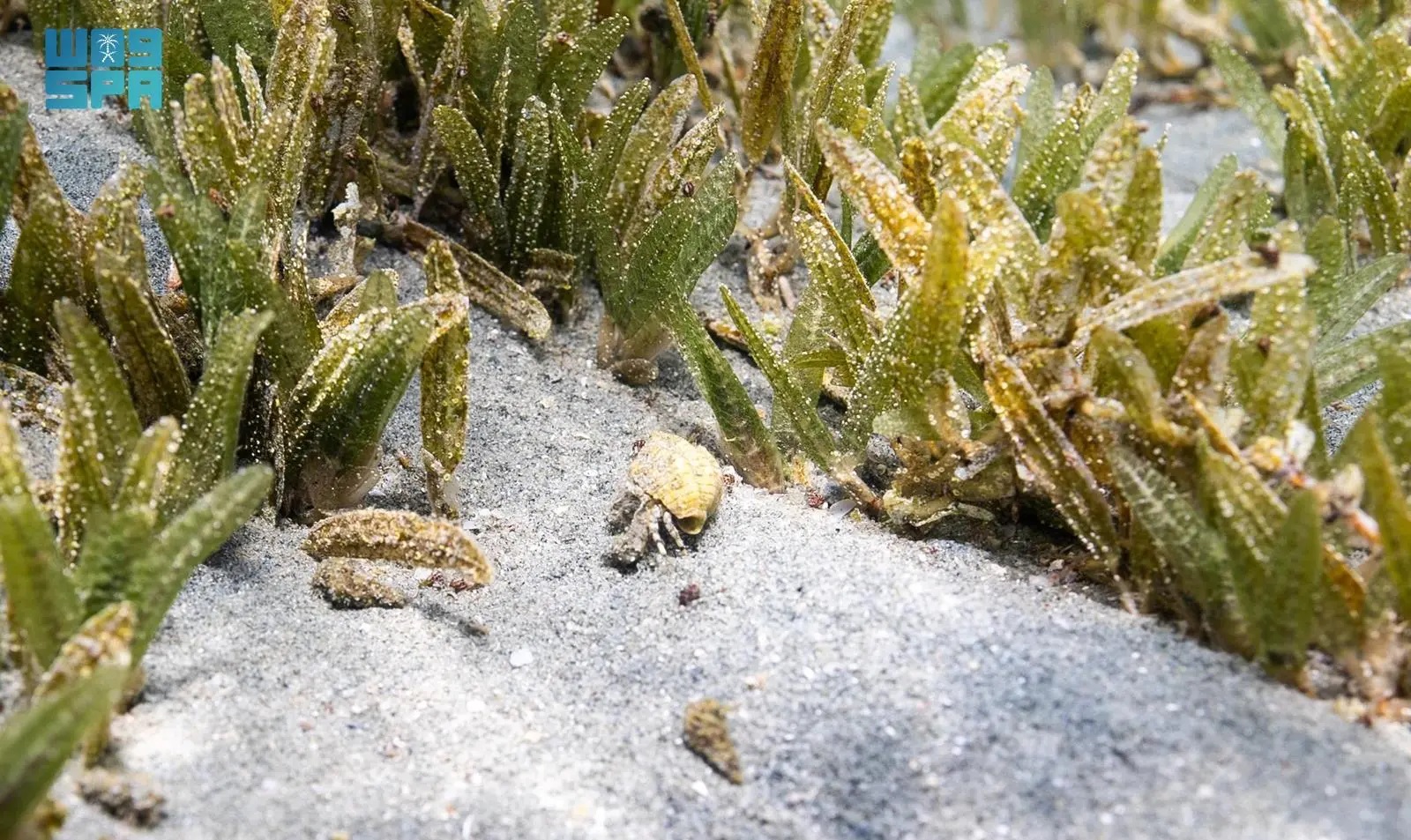
NCW Launches Plan to Monitor Seagrasses and Marine Biodiversity Along Red Sea Coast
The National Center for Wildlife (NCW) has launched a comprehensive monitoring plan targeting seagrasses and associated biodiversity along the Red Sea coast of the Kingdom of Saudi Arabia. The initiative aims to assess the current status of these vital ecosystems and support conservation and environmental rehabilitation efforts using advanced technologies and highly trained national technical teams.
Seagrasses play a crucial role in marine ecosystems, serving as primary habitats for numerous marine species. They contribute to carbon storage, provide food and shelter for marine organisms, and help stabilize coastal environments.
The newly launched plan includes systematic monitoring of seagrass health, mapping species and distribution, and studying the diversity and population of associated invertebrates, particularly sea cucumbers, which are ecologically significant for nutrient cycling and economically valuable due to their high market demand.
In addition, the plan involves measuring key environmental variables such as temperature, salinity, and acidity levels, all of which directly impact seagrass habitats. The initiative also includes developing an integrated database to support environmental decision-making and guide long-term strategies for the rehabilitation and protection of these fragile marine systems.








